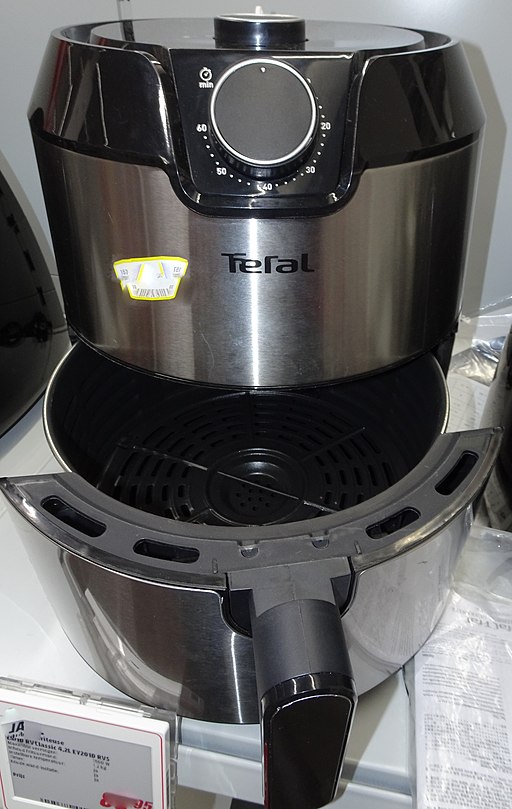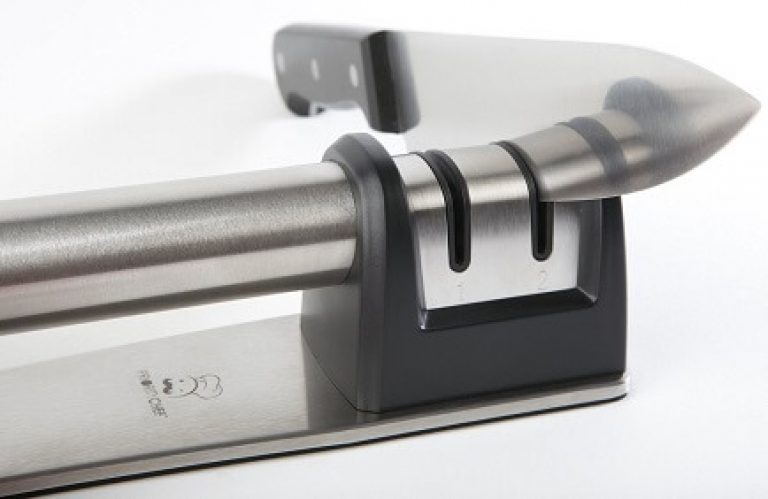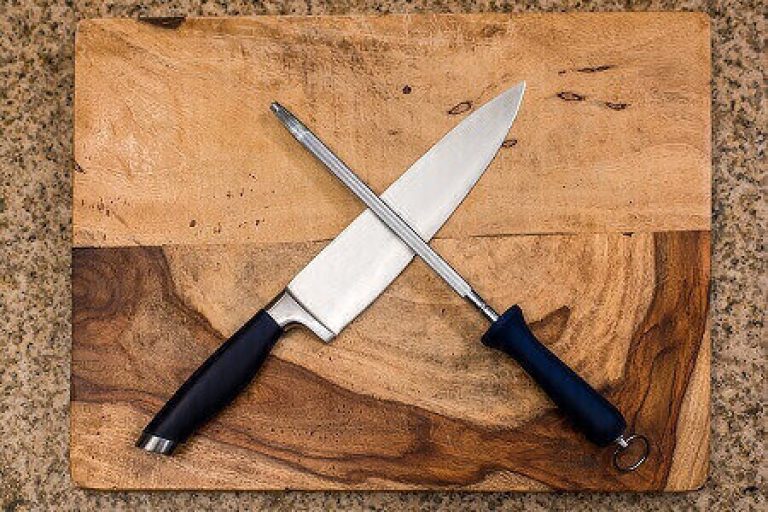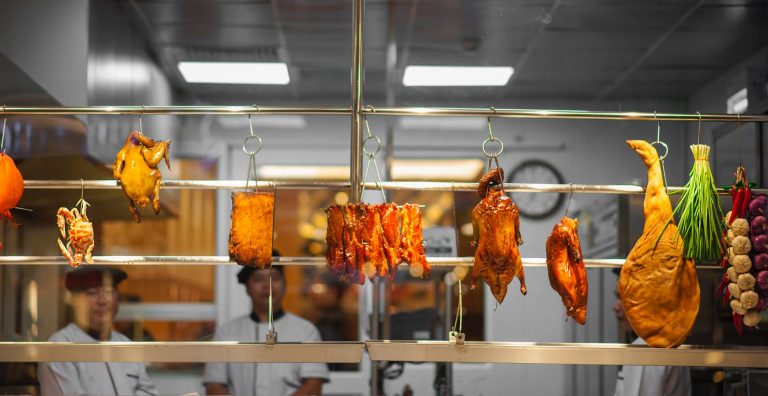Loans can be super helpful when it comes to improving and growing your food business. However, before you apply for a loan, you have to ask some questions and plan well in advance.
When you rush the process, you may end up with debt that won’t add value to your business, or worse still, debt that can be stressful to get out of.
Also, if you don’t do things right, your loan could be denied, or you could end up disclosing your information to scammers. Below are examples of questions you can ask when applying for a loan for your food business.
Why Do I Need the Loan?
Firstly, don’t apply for a loan just because you can qualify for one. Lenders may approach you from time to time with good deals.
Don’t fall for an offer no matter how good it is if you don’t have a solid plan on how you will use the money.
Apply only when you have a good purpose that can grow your business, make you more money, or improve operations and efficiency.
Also, it’s not good enough to just have a project. You have to sit down, write it on paper, make projections, and examine the risks to see if it’s viable and worth pursuing.
How Much Should I Apply For?
You should apply based on the expected cost of the project. If you apply more than you need, you will end up paying fees and interest for extra money that will not add value to your business.
If you apply for too little, you could end up applying for another loan. Getting two loans separately can be costly, and it can also waste your time.
Thus, do your math well with the help of your financial advisors.

What Loan Options Do I Have?
As a business person, you have so many options to look at when applying for a loan. Examples include your credit cards, your bank, SBA loans, private business lenders and online lenders among many others.
Explore the different options and their terms and rates. Be wary though – not every lender you come across is genuine and some don’t have a good reputation.
So, don’t just look at the numbers; check the legitimacy, and read reviews.
Is the Loan Secured on my Business?
You need to understand the type of finance you are applying for. Some types of lending, such as credit cards, are straightforward: you are charged a set rate of interest on the amount you borrow, which is added to the account daily.
You then make a monthly payment to reduce the balance. The faster you repay the loan, the less interest you pay.
Other loans are less straightforward, with some secured on your business assets. It’s very important that you know when a loan is secured on your business, as failing to meet your repayment schedule could jeopardize more than your credit rating.
Secured loans can be advantageous, as the repayments are usually cheaper.
This is because the lender can sell your property to recover their money if you default on the loan, which offers greater security to them.
If you need to borrow a significant sum of money, perhaps to pay for a business expansion, secured business loans are worth considering – but make sure you understand the risks.
Is the Lender Reputable?
Not all lenders are reputable and depending on how desperate you are for cash to help grow your food business, you may come across some of the less reputable ones.
It’s very easy to be sucked in by lenders offering large sums of money in return for nothing more than a perfunctory check on your finances. Typically, this is because the interest rates they charge are extremely high.
The loans market is heavily regulated, but some lenders operate below the radar, dealing with clients who would be turned away from mainstream lenders.
Do not use a non-regulated lender under any circumstances, no matter how keen you are to get your food truck up and running.
If you make the mistake of borrowing money from a non-reputable lender, they could demand their money back before the term of the loan has ended, or charge you an astronomical interest rate.
It’s better to wait and save up some cash if you don’t qualify for a mainstream loan.
Do I Have the Qualifications?
According to this article, your loan can be denied based on factors such as time in business, risks, collateral, cash flow, and debt utilization. Each lender’s terms will be different. When you start sending your application, check those with favorable terms for your business or those who are willing to negotiate.
If you’re in a less than advantageous position, for example, because your food business is brand-new or you have had personal credit issues in the past, consider using a broker to find you a suitable loan product.
Specialist loan brokers have access to large panels of lenders, some of whom will be willing to work with clients like you. In addition, products offered via a broker are often more competitive.
Do I Understand the Fine Print?
Once you get the ideal lender, don’t be in a rush to seal the deal before you read the fine print. Make sure you are ready for all the terms.
Read the terms and conditions of the loan to ensure you fully understand what you are signing up for.
Lenders sometimes hide unfavorable clauses in the small print, which might catch you unawares at a later date. Do not skip reading the T&Cs, or it might come back and bite you.
You can ask for help from financial experts when making the final decision.
After getting your loan, keep working smart, and make your payments on time. Also, note that pumping money into your business doesn’t guarantee success.
You ought to take note of how you are running your business, managing your funds, treating your customers and employees, and marketing your business.







